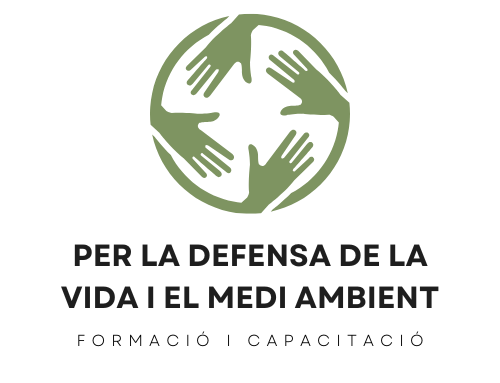Decree Law 16/2019, of 26 November, on urgent measures for the climate emergency and the promotion of renewable energies has been a long-awaited and desired legal instrument to deal with the situation of climate crisis and provide new tools in the energy sector. It has been almost a year since this rule came into force and its lights and shadows can already be timidly valued.
The Generalitat de Catalunya, making use of its powers in matters of the environment, approved on 16 August 2017 Law 16/2017 on climate change. The legislative and regulatory activity subsequent to this rule has been aimed at providing new tools to respond to this emergency situation, among which we find this Decree Law, which addresses issues such as amendments and clarifications of Law 16 / 2017 of climate change, modifications and additions to Legislative Decree 1/2010 that facilitate the implementation of wind and solar energy parks or an innovative and agile regulation of the authorization for electricity production facilities from wind and solar photovoltaic energy.
Although this standard has an important value insofar as it facilitates the implementation of facilities that generate “clean” energy (we must not forget that the construction of these parks often has environmental impacts such as emissions, loss of biodiversity or significant landscape impacts) and brings the country closer to the horizon of carbon neutrality, facilitating the establishment of these facilities is not without risks. Specifically, through this Legislative Decree the decision-making power of local bodies on the construction of these projects in their municipal terms has been reduced and there is a danger of accentuating the already existing phenomenon of wind massification, between others.
As for the decision-making power that the City Councils may have, with the approval of the new Decree Law it becomes anecdotal. The wind farm and photovoltaic solar plant projects are approved through a specific action project on undevelopable land by the Department responsible for town planning (relevant Town Planning Commission), with a mandatory report from the City council but without this one has a real margin of decision in the approval of this one. Despite the existence of participation mechanisms during the project authorization process, it is no longer necessary to process an Autonomous Special Urban Plan, a procedure in which the City Council was responsible for the initial approval, in line with that established in Decree 147/2009, of 22 September, which regulates the administrative procedures applicable to the implementation of wind farms and photovoltaic installations in Catalonia and the corresponding regulations on urban planning.
There is a risk that with the reduction of the role of local bodies in the implementation of wind farms and photovoltaic solar plants and the streamlining of procedures, there will be new phenomena of massification in municipal terms with old or weak urban planning rules, or accentuate the phenomena already existing in some territories. While it is true that the regime of Priority Development Zones (ZDP) determined by Government Agreements of Decree 147/2009 facilitated the concentration of energy parks in certain areas (they were considered to meet the appropriate requirements in terms of wind resource and viability urban, landscape and environmental, and it was expected that they would accommodate all future energy parks of more than 10 MW of power), with the new Decree Law 16/2019 no satisfactory solution is reached for the phenomenon of overcrowding; Territories with a low population density host large percentages of the total electricity from renewable sources produced in Catalonia, and it is not easy for this to change in the short term.
In addition, one of the shortcomings of the new rule is that it does not establish a defined regulatory framework for the signing of agreements and contracts between local bodies and landowners with developer companies, a factor that, without good advice, can lead to situations of vulnerability for the former; in any case it is not advisable to enter into any obligation before the projects pass the initial approval. Another danger inherent in speeding up and facilitating the processing that must be mentioned is that too many projects are given viability, and that administrative authorizations for the construction of wind farms or photovoltaic solar plants are the subject of speculation. and subsequent transmission. In this sense, the role of the new body created by the Decree Law, the Renewable Energy Report, is key in its feasibility analysis of the preliminary designs of future wind and solar photovoltaic parks.
It is not a matter of not taking a step forward in the energy transition towards cleaner energy generation sources, but of implementing it in a progressive and well-distributed way, with a dialogue in which the voice of all stakeholders is seen. have the same weight and do not generate helplessness both socially and economically and environmentally. Generating energy through renewable sources is, today more than ever, essential, but this need cannot be met at any cost.
August 11, 2020
Ivan Hortigüela Bolsa
Lawyer specializing in environmental law at INSTA














